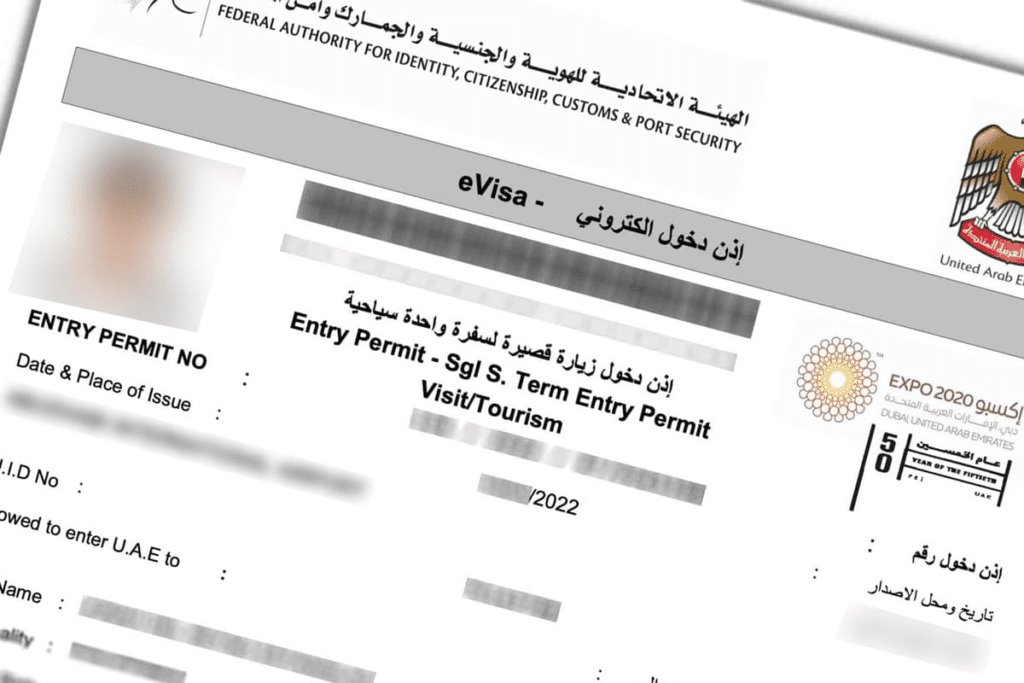Kuwait has recently implemented significant changes to its residency visa regulations, specifically targeting family visa applications. On the first day of the new regulations, the General Administration of Residence Affairs at the Ministry of Interior rejected a staggering 1,165 out of 1,800 applications. These rejections were based on the failure of applicants to meet the revised conditions outlined in the amended expats’ Residence Law.

New Regulations and Application Outcome:
The adjustments to the rules were introduced by Sheikh Fahad Al Yousef Al Sabah, the Deputy Prime Minister and Minister of Interior, signaling a shift in the country’s approach to residency visas for family members. Under the revised article 29, applicants for dependent or family visas must now meet stringent criteria, including a monthly salary requirement of at least KD800 (Dh9,550), possession of a university degree, and a profession relevant to the visa application.
Out of the 1,800 applications received from various governorates in Kuwait, only 635 were approved. The rejection of 1,165 applications underscores the strict enforcement of the new stipulated conditions. The move aims to ensure that individuals granted family visas meet specific qualifications, contributing to the country’s workforce and development.
Exemptions and Noteworthy Changes:
Despite the stringent requirements, the revised regulations include exemptions and groundbreaking changes that cater to specific demographics. One notable change is the elimination of the degree requirement for certain professions. This adjustment acknowledges the diversity of skills and expertise within the expatriate community, aligning the visa requirements with the actual demands of the job market.
An important exemption introduced is for individuals aged 0-5, born in Kuwait or abroad, whose parents are residing in Kuwait. Such individuals are exempt from the salary requirement, recognizing the unique circumstances of young children and their dependency on their parents. However, this exemption is subject to the approval of the Director General of the General Administration of Residence Affairs.

Reasoning Behind the Changes:
The decision to implement these changes stems from the resignation of numerous employees in crucial sectors like health, justice, and education due to the unavailability of family sponsorship. Recognizing the impact on employee retention and well-being, the new regulations address the specific needs of families with children aged 0-5, ensuring that they are not subjected to the salary requirement if their parents reside in Kuwait.
However, it’s important to note that the new regulations do not allow for the sponsorship of parents and siblings, and there are no exceptions to this rule. This highlights the government’s focus on regulating family visas primarily for immediate dependents, reflecting a targeted approach to workforce planning and immigration.
Impact on Expatriates and Kuwait’s Workforce:
The implementation of these stricter regulations undoubtedly has significant implications for expatriates in Kuwait. The emphasis on higher salary thresholds and educational qualifications may limit the number of applicants who meet these criteria. However, the exemptions for young children and the elimination of the degree requirement for certain professions show a nuanced approach, recognizing the diverse needs of the expatriate population.
For Kuwait’s workforce, these changes signal a deliberate effort to align immigration policies with the country’s economic and social objectives. By ensuring that family visa holders contribute meaningfully to the workforce and possess the necessary qualifications, Kuwait aims to strengthen its economy and promote sustainable development.
Kuwait’s recent rejection of over 1,000 family visa applications reflects a determined shift in its approach to immigration policies. The revised regulations, introduced by Sheikh Fahad Al Yousef Al Sabah, emphasize the importance of specific qualifications for family visa applicants, signaling a more targeted and strategic approach to workforce planning.
While these changes may pose challenges for some expatriates, the exemptions and adjustments demonstrate a commitment to balancing the needs of the workforce with the unique circumstances of different individuals and families. As Kuwait continues to refine its immigration policies, it remains to be seen how these changes will shape the composition and dynamics of its expatriate community.

